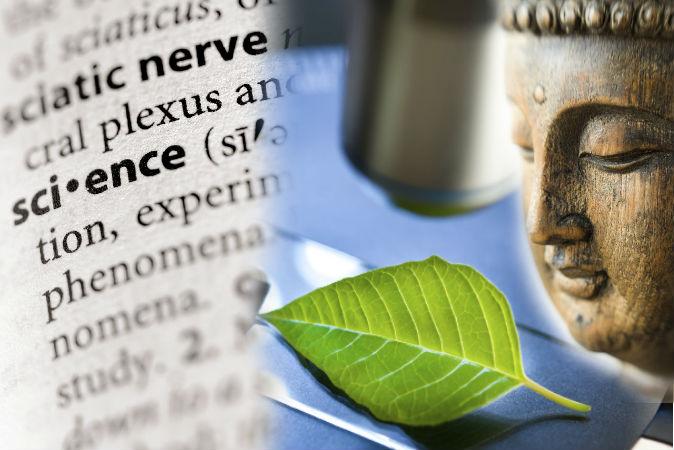Some may view science and spirituality as mutually exclusive, but some of the greatest modern scientists have viewed them as inseparable.

Albert Einstein during a lecture in Vienna in 1921. Ferdinand Schmutzer

Some may view science and spirituality as mutually exclusive, but some of the greatest modern scientists have viewed them as inseparable.
